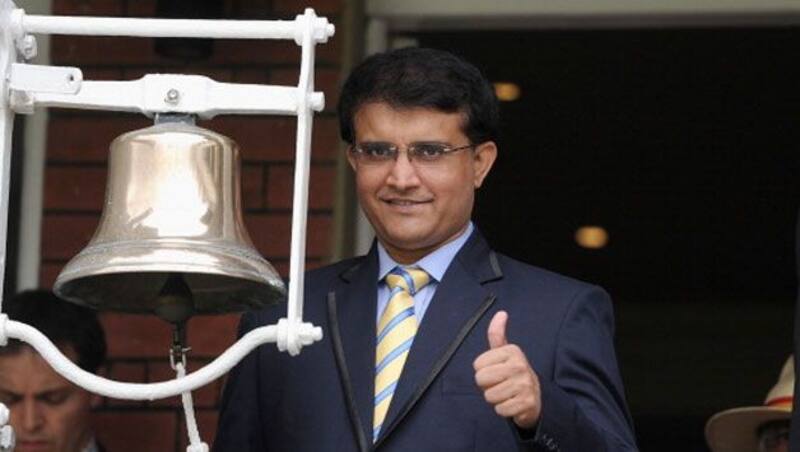
Cricket Country Staff
Editorial team of CricketCountry.
Written by Cricket Country Staff
Published: Aug 11, 2018, 04:34 PM (IST)
Edited: Aug 11, 2018, 04:34 PM (IST)

Following Supreme Court’s approval of BCCI’s new draft constitution with some slight alternations, it has been learnt that Sourav Ganguly might take over as the next president of the board. A report in the New Indian Express suggests that the former Indian captain might be the next in line to replace acting president CK Khanna.
READ: SC restores full membership of four legacy cricket associations
As per the new constitution, there must be a mandatory cooling-off period of three years for officials who have served a term of three years. Ganguly, currently serving as president of the Cricket Association of Bengal, is being looked as a prime contender as he is eligible to contest the elections without taking a cooling-off break.
READ: Key takeaways of SC verdict on BCCI Constitution
“He is definitely eligible and ticks most of the boxes,” said a senior BCCI functionary.
Ganguly, having served positions with the BCCI’s technical committee, IPL Governing Council, cricket advisory committee and the Lodha Commission, possesses the credentials needed to be at the board’s helm and is reportedly in good books of the administrators.
Reports of Ganguly taking over as the BCCI chief had previously emerged in late 2015, when Jagmohan Dalmiya, into his second stint as president, passed away due to cardiac arrest. But it was Anurag Thakur who took over the post in May of 2016 and remained the person in charge until the Supreme Court sacked him in 2017.
Ganguly is into his fourth term as CAB president. However, if the BCCI post does indeed go to Ganguly, he will have to give up his role with the state board. It shall also, in all probability, end Ganguly’s role as a television commentator, which he is currently serving during India’s tour of England.
With over 18000 international runs, Ganguly was considered one of the best Indian captains. He led the side from 2000 to 2005, during which the team reached the final of the 2003 World Cup and put up impressive performances in Australia and England in the mid-2000s.
This website uses cookies so that we can provide you with the best user experience possible. Cookie information is stored in your browser and performs functions such as recognising you when you return to our website and helping our team to understand which sections of the website you find most interesting and useful.
Strictly Necessary Cookie should be enabled at all times so that we can save your preferences for cookie settings.
If you disable this cookie, we will not be able to save your preferences. This means that every time you visit this website you will need to enable or disable cookies again.
